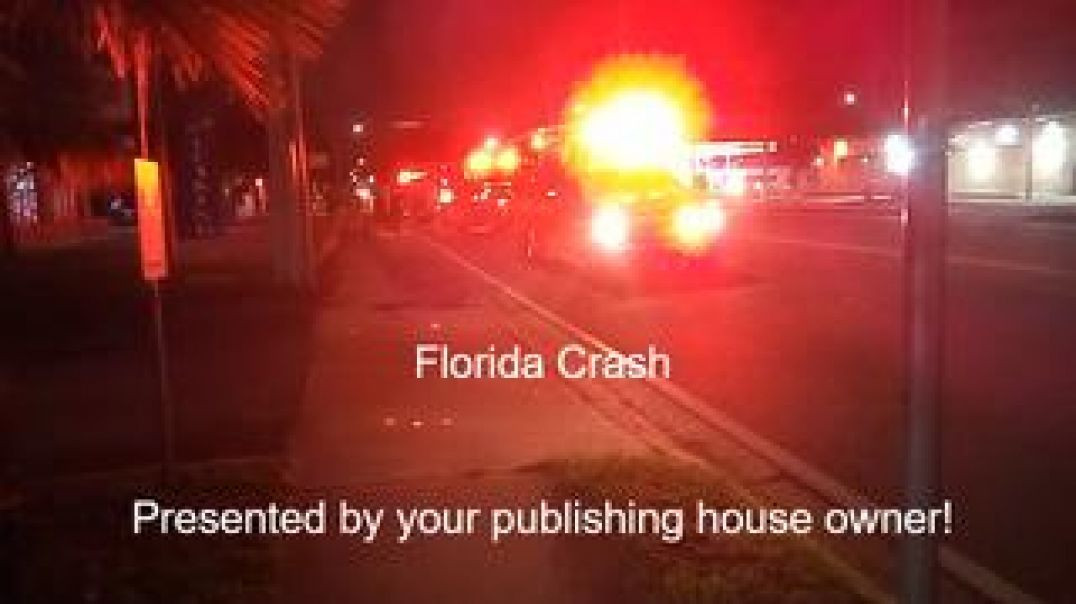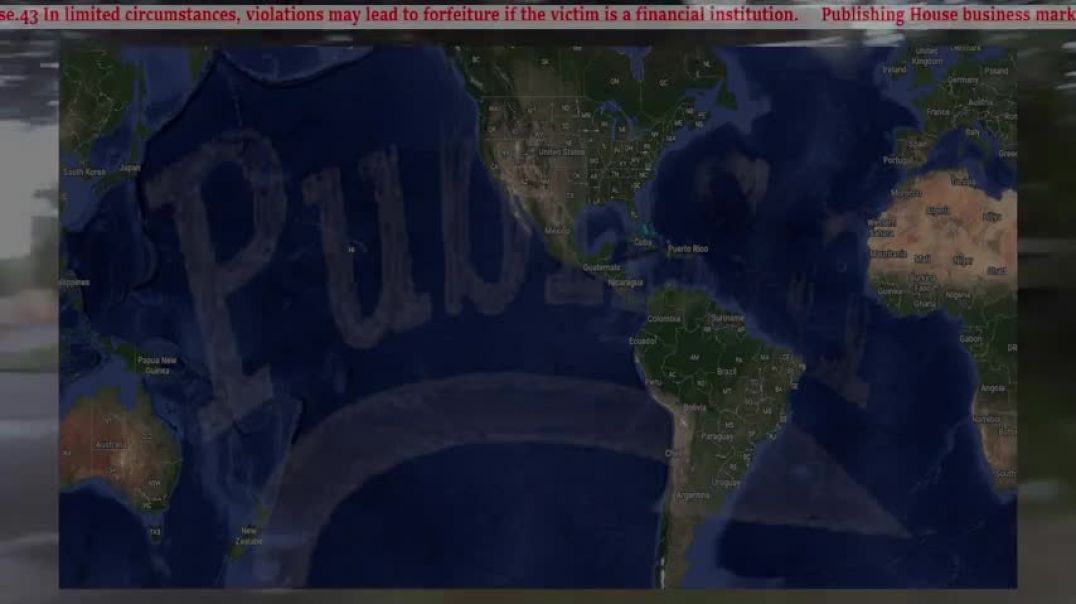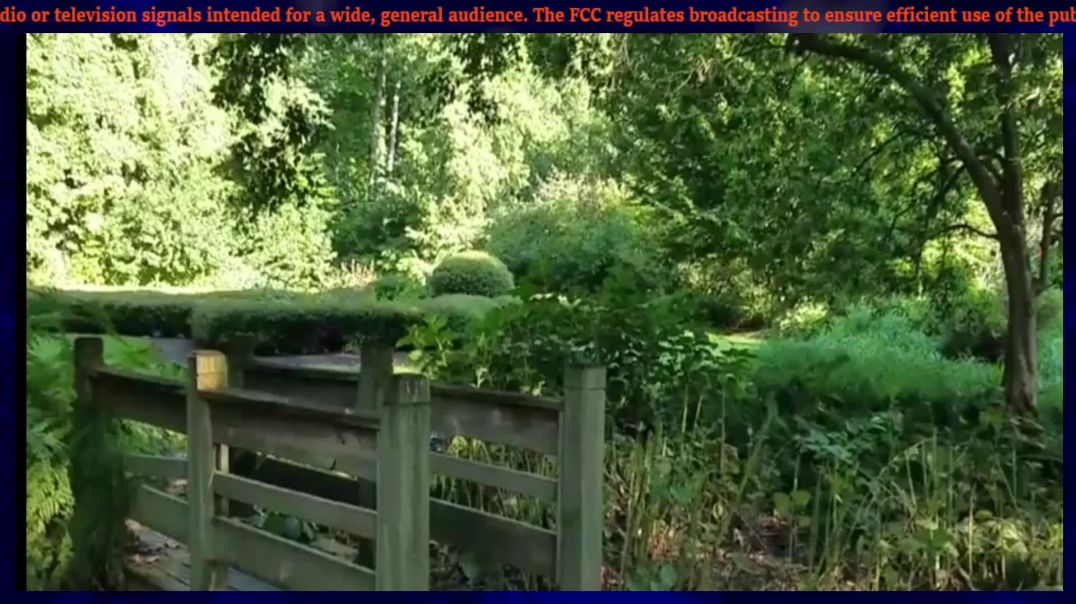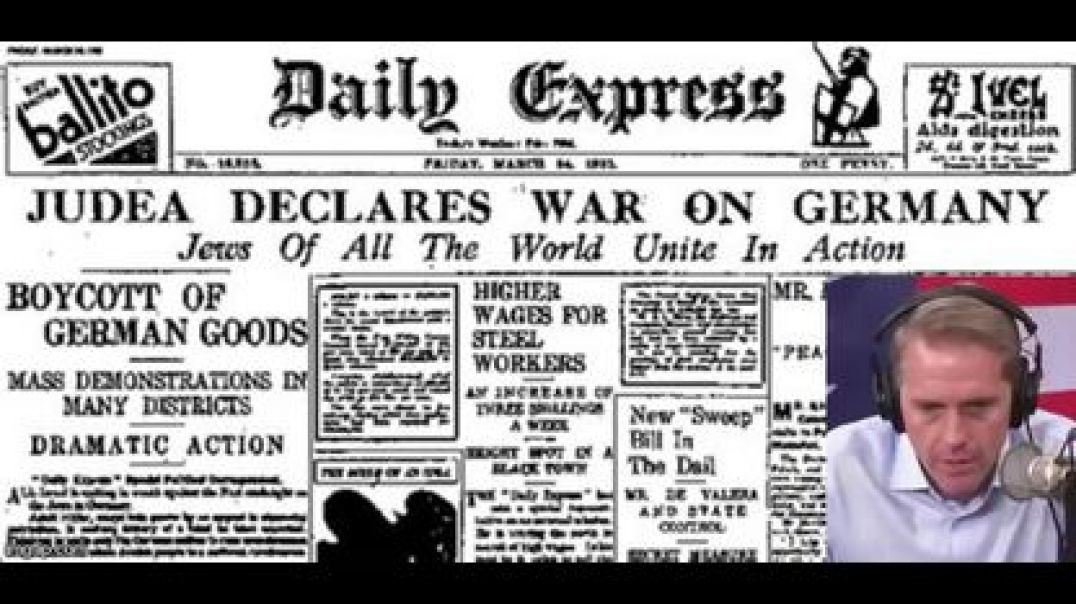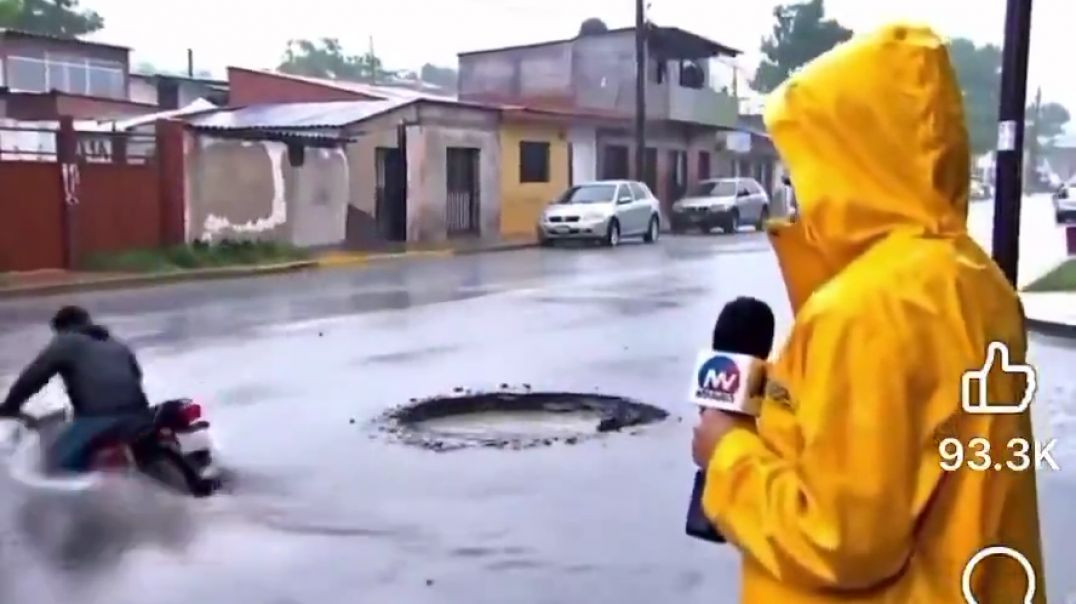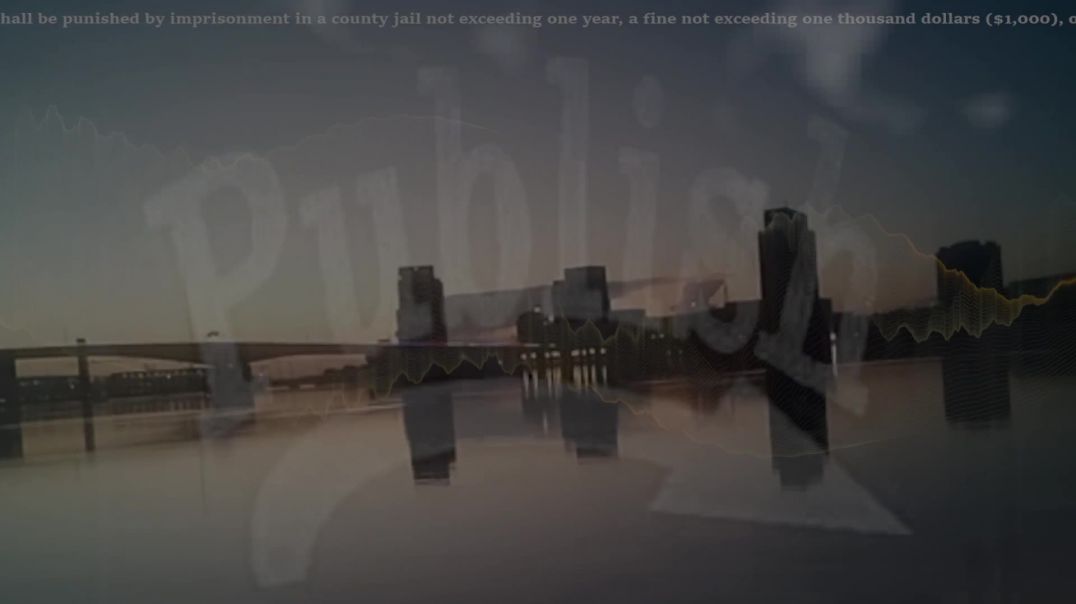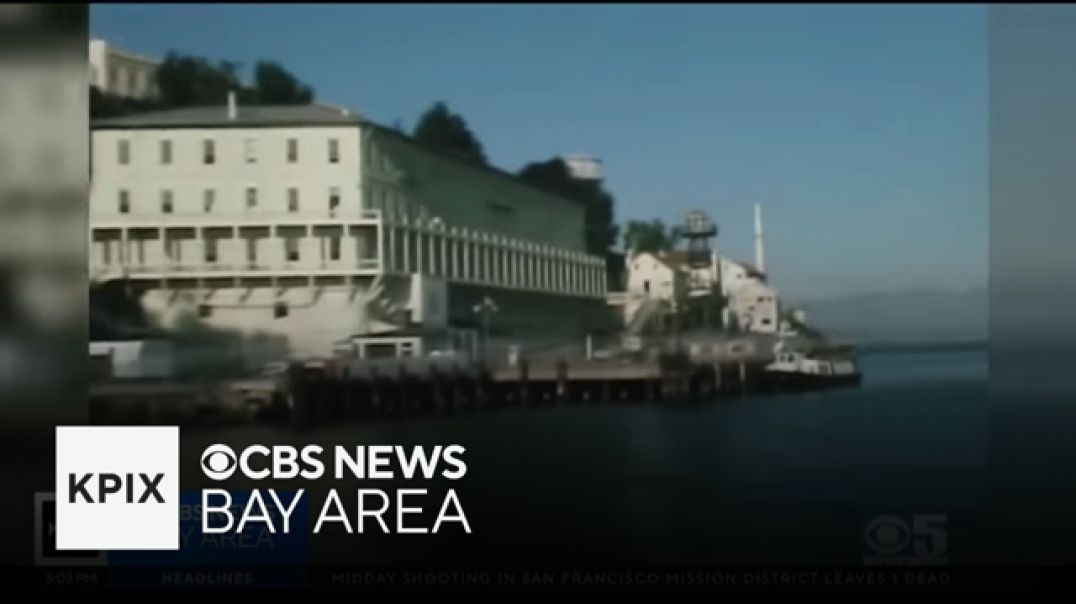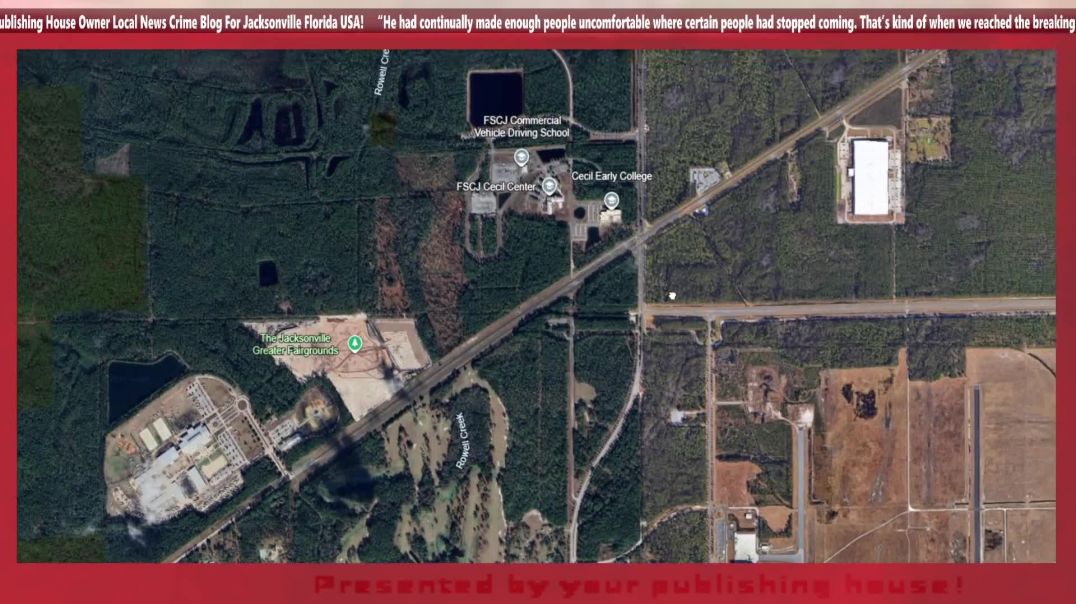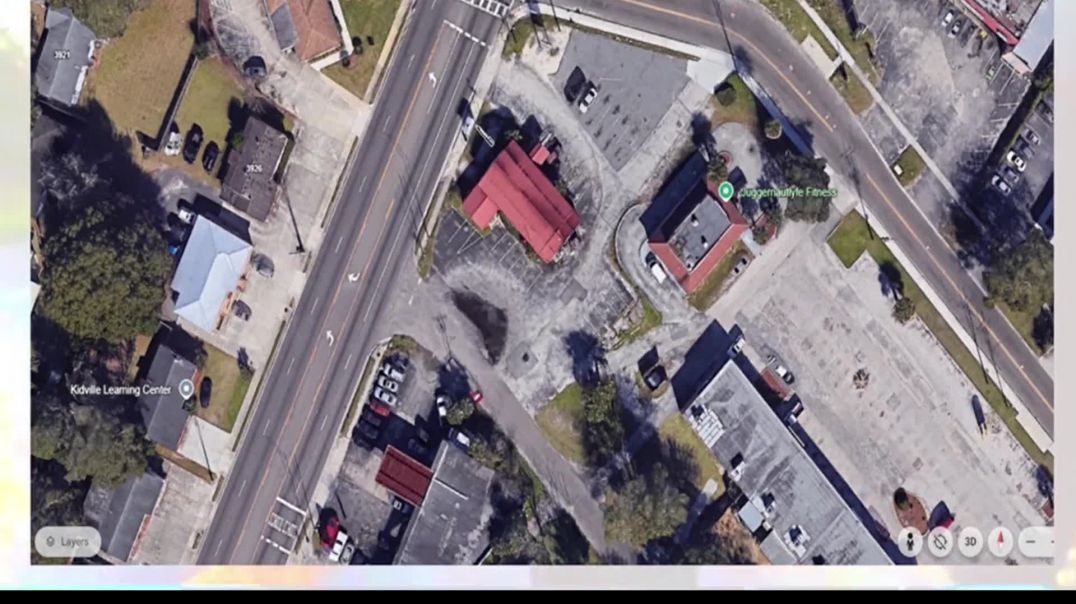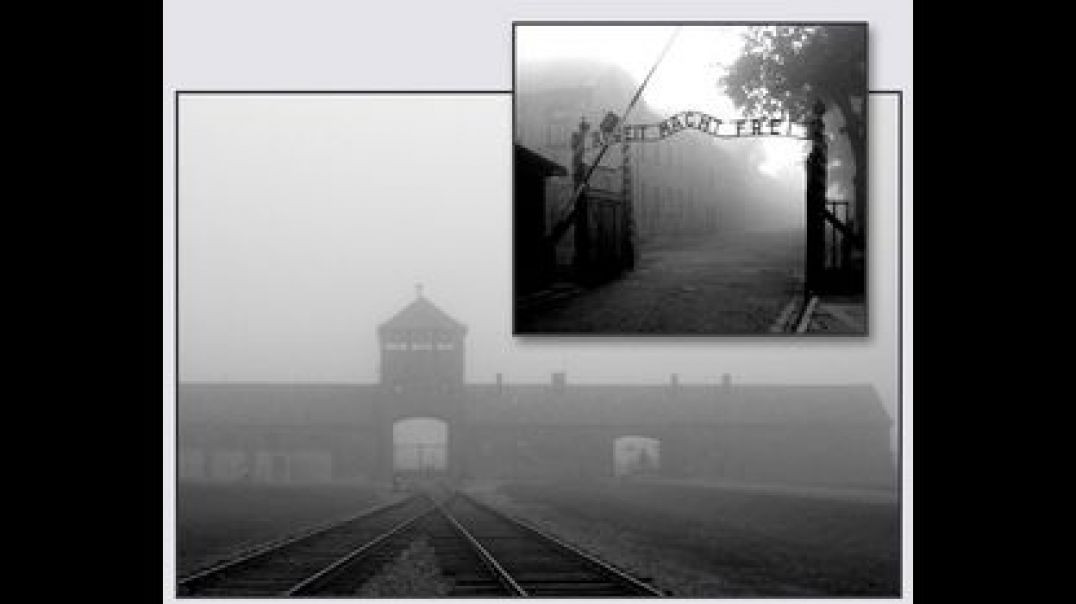Live streaming on Altcast.TV is now available!
STATISTICALLY IMPOSSIBLE ₪ 7 AᵳD CANDIDATES DIE BEFORE LOCAL ELECTIONS IN GERMANY [SHADES OF MEXICO]
Michael McCarthy - "Statistically Impossible"
7 AFD candidates die before local elections in Germany.
Source: https://x.com/punishablepress/....status/1963261219193
Thumbnail: https://x.com/BritanniaDailyy/....status/1963275274591
https://britanniadaily.co.uk/s....eventh-afd-politicia
A seventh Alternative for Germany (AfD) politician has died ahead of crucial local elections in North Rhine-Westphalia next week, intensifying speculation about what party officials and experts are calling a “statistically almost impossible” series of deaths within Germany’s surging far-right party.
The latest death brings the total to seven AfD politicians – including four candidates and three reserve list members – who have died within weeks of each other ahead of the 14 September elections. Police maintain there is no evidence of foul play, but the extraordinary cluster of deaths has sparked fierce debate across Germany and internationally, with tech billionaire Elon Musk amplifying concerns on social media.
The deaths have forced election officials to scramble to reprint ballots and invalidate thousands of postal votes already cast in multiple municipalities across Germany’s most populous state, home to 18 million people. The administrative chaos comes as AfD leads national polling at 25%, neck-and-neck with the governing Christian Democratic Union, positioning the party for potential historic gains.
The Seven Deaths
The confirmed deceased AfD politicians include:
Ralph Lange, 66, direct candidate for Blomberg council, died 28 August
Wolfgang Klinger, 71, candidate in Schwerte, died suddenly
Stefan Berendes, 59, candidate for Bad Lippspringe city council, died unexpectedly
Wolfgang Seitz, 59, candidate in Rheinberg, suffered a fatal heart attack
Three additional reserve list candidates whose identities have not been publicly disclosed
All deaths occurred between mid-August and early September, with the four primary candidates dying within a 13-day period. The latest death was confirmed by The European Conservative on Tuesday, though specific details remain undisclosed.
‘Statistically Almost Impossible’
The cluster of deaths has prompted prominent figures to question the mathematical probability of such an occurrence. German economist Professor Stefan Homburg, former director of the Institute of Public Finance at Leibniz University Hannover, declared the deaths “statistically almost impossible” in a social media post that garnered over one million views.
“According to WDR, four AfD candidates who were not excluded have died immediately before the NRW municipal election: Blomberg, Rheinberg, Schwerte, Bad Lippspringe.
Statistically almost impossible,” Homburg wrote on X.
AfD co-chair Alice Weidel amplified these concerns, sharing Homburg’s analysis with the caption “Four AfD candidates have died.” Her post was subsequently shared by Musk, who has increasingly aligned himself with the German far-right party.
Police Find No Criminal Activity
Despite the speculation, authorities have consistently stated there is no evidence of criminal activity. North Rhine-Westphalia police confirmed that initial death investigations were launched in several cases but were “quickly discontinued” after determining natural causes.
An AfD spokesperson told Politico that Ralph Lange and Wolfgang Klinger had “serious pre-existing health conditions,” while Wolfgang Seitz also had health issues before suffering his heart attack. Stefan Berendes reportedly died of natural causes, though specific details have not been released.
Kay Gottschalk, AfD’s deputy state chairman in North Rhine-Westphalia, attempted to calm speculation while acknowledging the unusual nature of the deaths. “What I have in front of me – but this is only partial information – does not support these suspicions at the moment,” he told Politico’s Berlin Playbook podcast.
Gottschalk added there was “no indication” of “murder or anything similar” but confirmed the party would “investigate these cases with the necessary sensitivity and care.” He urged against “immediately entering the territory of conspiracy theories.”
Electoral Disruption
The deaths have created significant logistical challenges for election officials. In Blomberg, all polling cards and postal ballot documents already sent out were automatically rendered invalid following Lange’s death. The city council decided to proceed with the election as a by-election on the planned date.
Similar disruptions occurred in Bad Lippspringe, Schwerte, and Rheinberg, where officials have had to reprint ballots and notify voters who had already cast postal votes that they must vote again. In Schwerte alone, approximately 200 people who had already voted were affected.
The City of Bad Lippspringe stated: “The city administration will print new ballots for the city council election, so that the entire municipal election can be held as planned on Sunday, September 14. For citizens who cast their votes in person at the polling station on that day, the sudden death will not change anything.”
Political Context Fuels Speculation
The deaths come at a particularly sensitive time for German politics. AfD has surged to become the country’s second-largest party following February’s federal elections, expanding from its eastern stronghold into western states like North Rhine-Westphalia. The party has tripled its support in the state since the last election, rising from 5.4% to an anticipated 16.8%.
This growth has occurred despite – or perhaps because of – the Federal Office for the Protection of the Constitution labelling AfD a “right-wing extremist organisation,” though this designation is currently paused due to a pending legal appeal.
The timing has led to heightened suspicions among AfD supporters, particularly given recent political developments. In Cologne, all political parties except AfD agreed to a “fairness pact” pledging not to criticise migrants or migration during the campaign – a move that prompted Musk to declare: “Either Germany votes AfD or it is the end of Germany.”
International Attention
The deaths have attracted significant international attention, with American conservative commentator Rod Dreher writing in The European Conservative: “It must be hoped that the unfortunate and statistically unlikely deaths of four politicians from a party the German government is considering outlawing were nothing more than a fluke. The alternative is too frightening to contemplate seriously.”
Dreher referenced comments by former European Commissioner Thierry Breton, who stated in January that if German voters elect an AfD majority, the EU was prepared to annul the election, citing Romania as precedent. This context has fuelled concerns about potential interference in democratic processes.
Not Limited to AfD
Germany’s Interior Ministry has emphasised that candidate deaths are not limited to AfD, noting that politicians from the Green Party and Social Democrats have also died during the campaign period. However, the concentration of deaths within AfD – seven from a single party in one state within weeks – remains unprecedented in modern German electoral history.
The ministry stated that with 20,000 candidates running across North Rhine-Westphalia’s 427 municipalities, some deaths during campaign periods are statistically expected, though they acknowledged the AfD cluster as unusual.
Looking Ahead
As North Rhine-Westphalia prepares for elections on 14 September, the deaths have cast an unexpected shadow over what was already expected to be a pivotal test of AfD’s growing strength in western Germany. The party currently leads national polling, with some surveys showing them at 26% support.
Whether the deaths affect voter turnout or sentiment remains to be seen. What is certain is that the administrative challenges created by reprinting ballots and managing postal votes have added an unprecedented layer of complexity to an already charged political atmosphere.
As investigations continue and the party conducts its own internal review, many Germans are left grappling with an uncomfortable question: in a democracy already strained by political polarisation, how should citizens interpret such an extraordinary coincidence?
Follow for more updates on Britannia Daily
Image Credit:
Wahlabend Sachsen, 1 Sept 2019 — photo by Sandro Halank, licensed CC BY-SA 4.0
Shades of the Mexican elections last year that produced Claudia Sheinbaum:
https://www.reuters.com/world/....americas/mexican-can
